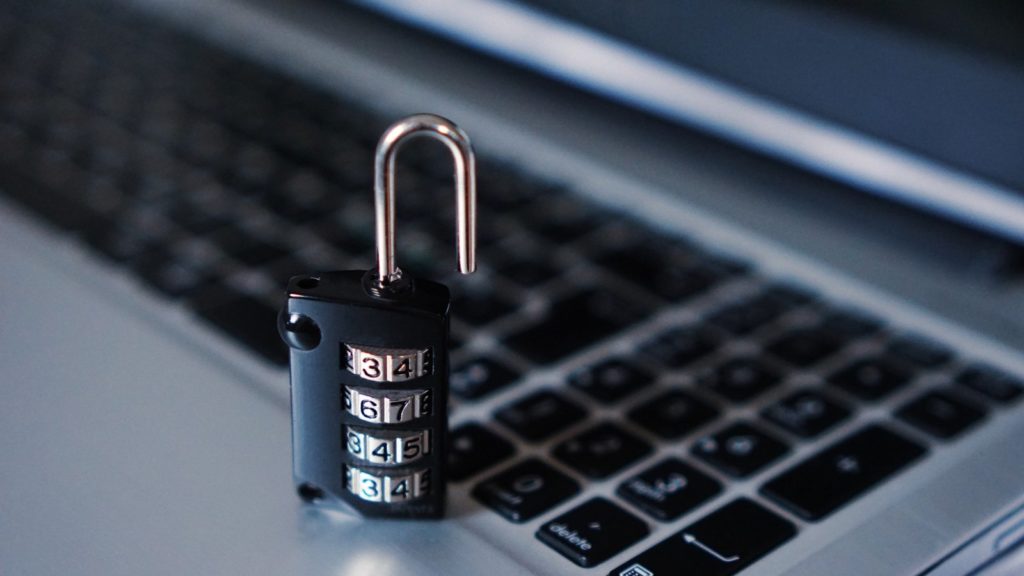Inbox icons, subject line sorcerers, CTA kings – the results are in. The 2025 You Mailed It Awards by Everlytic have crowned their champs, with Old Mutual Rewards and Machine_ taking…
We talk data encryption, is it really a big deal?

Encryption and keeping information from prying eyes is an old practice, likely as old as a cassette recording device.
The confusion
It’s the reason for encryption that most don’t completely understand. The why and reason to encrypt data also forms part of the confusion for most, that is the exact reason, a quick rundown of this valued security feature remains relevant and necessary.
This process of converting information (data) into code in as an effort to prevent unauthorized access is done to ensure the confidentiality, integrity and sometimes authenticity of the data.
Nations spend a great deal and effort to break the codes of their opponents and in today’s fast-paced data-rich landscape, encryption has become an apparent baseline for protecting data.
“You can find examples of encryption everywhere: chat clients, VPN networks, bitcoin wallets, even ransomware attacks,” says Wade Calenborne, Chief Operating Officer at Sithabile Technology Services.
“The strength of modern encryption is so good that criminals generally don’t even bother trying to crack it. That’s one reason why phishing attacks are so popular as they give a way around encryption. When the bad guys go around something rather than through it, that tells you something.”
How it works.
Digital encryption scrambles data into a coded form which requires a unique string of characters to unlock. Longer keys always pose a challenge to crack, but it’s not impossible.
Current standard key lengths vary between 128 bits and 4,096 bits. A 128-bit key is already almost uncrackable.
While it may seem logical to encrypt everything with even longer keys, these require more time to decrypt information. Encryption has to balance security, access, and data type.
Different types of encryption
One must remember that there are types of encryption.
The common pair are asymmetric encryption, which uses two keys, and asymmetric encryption which uses one. Asymmetric encryption keys are less likely to be stolen but require more to decrypt data.
The criminal solution
Hackers may resort to stealing the account details of users with access to those keys, according to Calenborne.
“Whoever sends or receives the data will have a key, so criminals focus on stealing their login details with phishing and malware. Encryption is useless if someone can access the key. This is why it is crucial to have proper account security and to make frequent backups of data.
We are likely to see more versatile forms of encryption, with better and improved encryption standards.
This is the reason encryption management is becoming a priority, especially among data services.
In the future quantum computers may invalidate encryption due to their sheer speed and technical reach, as they could easily take seconds to crack 128-bit keys. Not to worry as cryptographers are also evolving to bring better ways of encryption.
“Encryption is always evolving. There are already new encryption techniques that can withstand quantum-powered cracking,” says Calenborne.
He adds that “all the security in the world doesn’t help if you leave your front door unlocked. Companies must have a strong backup and security culture. Chat to your data management partners about the encryption they use and what you can do to ensure that encryption doesn’t get compromised. They should work to understand your risks and apply the best data strategies to keep you secure. Encryption is amazing—the right partners make sure it works for your business.”
Remember that there are many reasons for data encryption and converting data into code in an effort to prevent unauthorized access.
Data encryption is a critical component of modern cybersecurity strategies and offers strong protection against unauthorized access and data breaches.
Also read: Massive breakthroughs in AI expected in 2024

